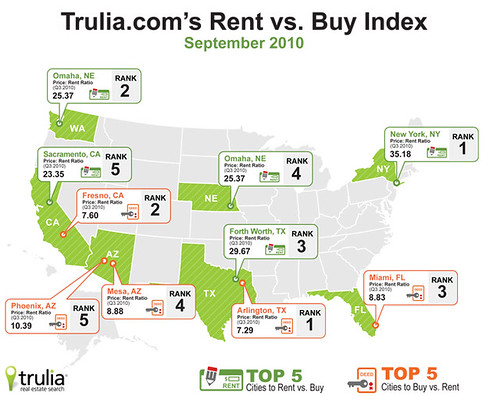Purchasing real estate could be stressful, but it can also change your life. If you know what you are doing, it can be less stressful. These tips will help make your home buying experience one that is positive.
A steady, non-confrontational approach is best when you decide to buy a property and enter the negotiating phase. Overly-aggressive bargaining tactics often backfire. It’s best to tell your real estate agent what you want, and let them handle the negotiations themselves. They have experience.
If you have or plan to have a big family, you need to find a home that will be big enough for everyone. Think about the safety of a home and look out for potential hazards to young children like pools or long stairways. If you buy a house from a family who has raised their children in it, it should ensure that the house is relatively safe.
If you’ve provided an offer to a seller who didn’t accept it, do not completely give up on the fact that they won’t find a method of making the purchase price affordable for you. Explore options such as incorporating closing costs into the deal or asking for improvements to the home, prior to purchase.
Be flexible in your choices. You probably won’t be able to get everything on your want list, but narrowing it down to a few things you absolutely have to have can give you a lot of what you want. If you cannot afford a home in the neighborhood of your choosing, take time to check if there any homes within your budget available. You may be surprised by what you nearly passed up!
Closing Costs
Set aside a fund for unexpected expenses linked to the new property. Real estate buyers generally take into account only the amount of the down payment, relevant taxes that will be charged, and funds needed by the bank when determining closing costs. Most the the time closing costs have additional items like improvement bonds, school taxes and other things that relate directly to that particular area.
If you want to increase the value of real estate that you own, do some remodeling or repairs to the property. You’ll have a rapid return on investment, thanks to a little elbow grease. Sometimes, you will even get more value increase than the amount of money you spent for repairs and renovations.
You should understand how mortgages work prior to buying a home. Make sure you have a solid grasp of how the terms of a mortgage can affect your mortgage payment and the total price you are going to pay for the home. If these things make sense to you now, it will prevent confusion later.
Deciding what to offer when preparing to buy a home is important. If you haggle with the seller a bit, you can probably come to a selling price that makes you both happy.
Financial Incentives
When making your offer on a house you are interested in, it is possible to ask the seller to help with closing costs or provide other financial incentives. You can often “buy down” an interest rate, in which the seller pays to lower your interest rate for some time in the beginning. By asking for financial incentives, you are possibly keeping the seller from negotiating the selling price.
When you interview your real estate agent, have a plan containing your questions. Ask them about their techniques and the kind of results they usually get, and how familiar they are with the area you are looking at. A reputable agent will be ready to respond to all of your questions thoroughly and professionally.
Find a good real estate agent if you want to purchase property. Interview a few agents to find a trustworthy one who understands your needs. An agent with a proven record can guide you properly. Remember to research properly so your best interests are always at the agent’s heart.
By implementing the tips that you received in this article, home-buying will become easy and smooth. Knowing the types of things that will come up, and being prepared for them, is half your battle.
